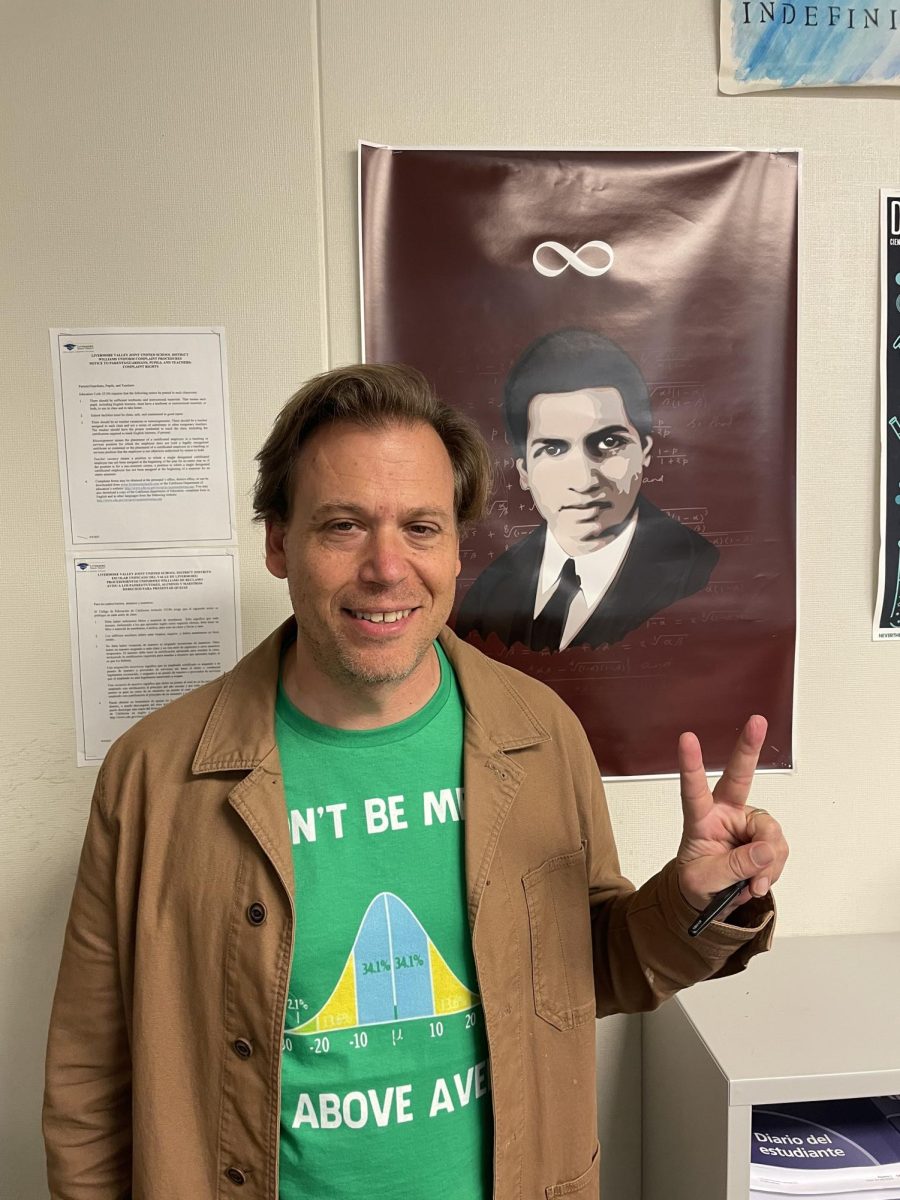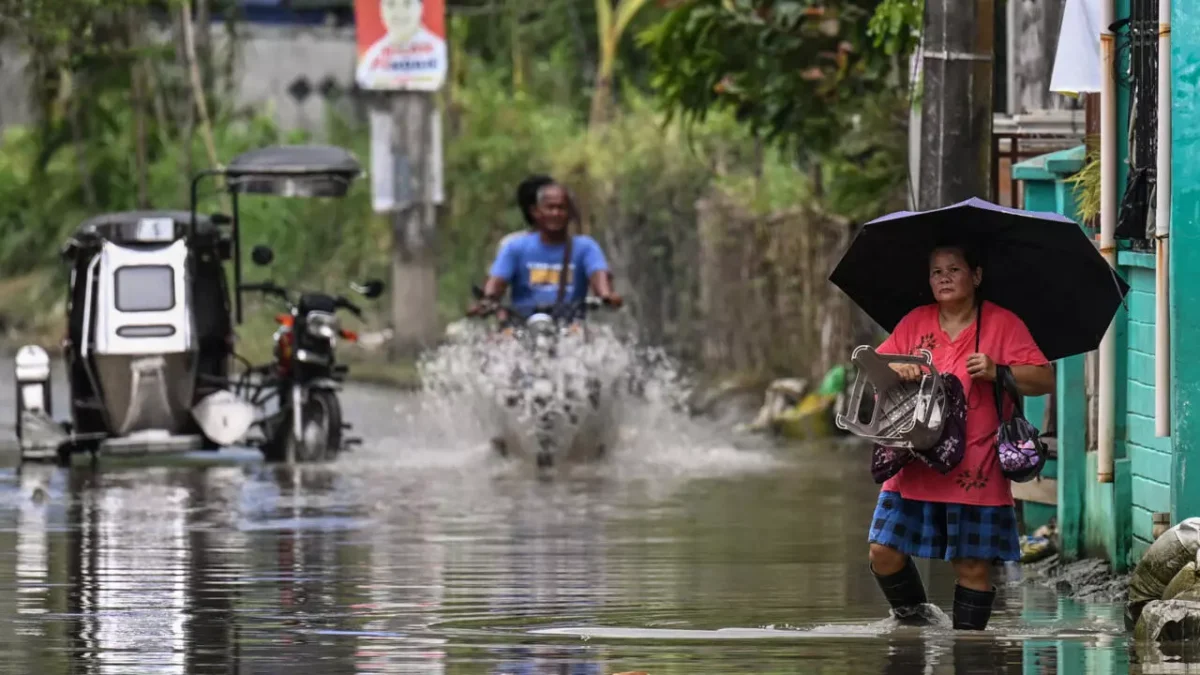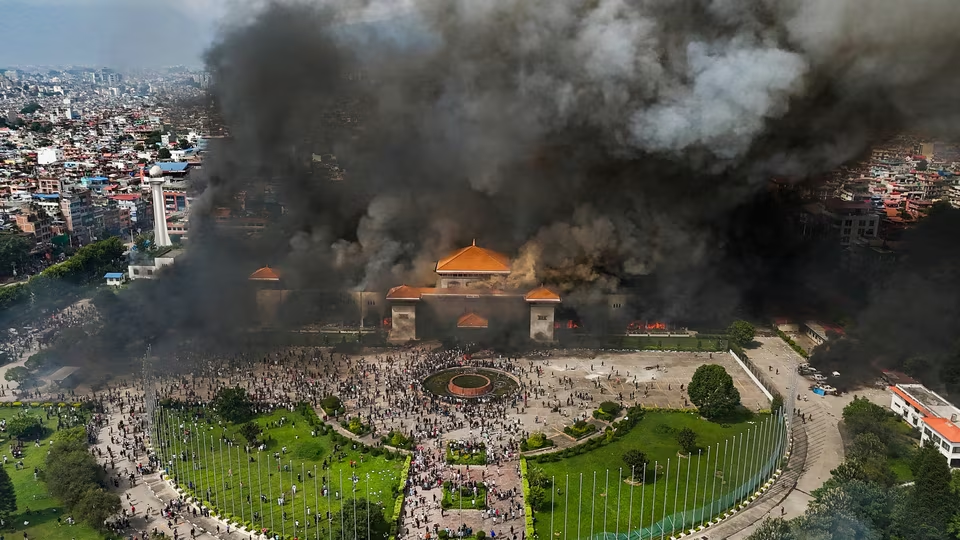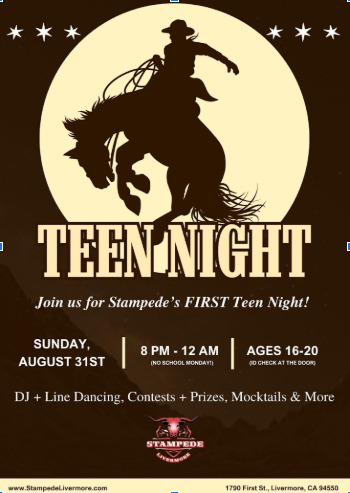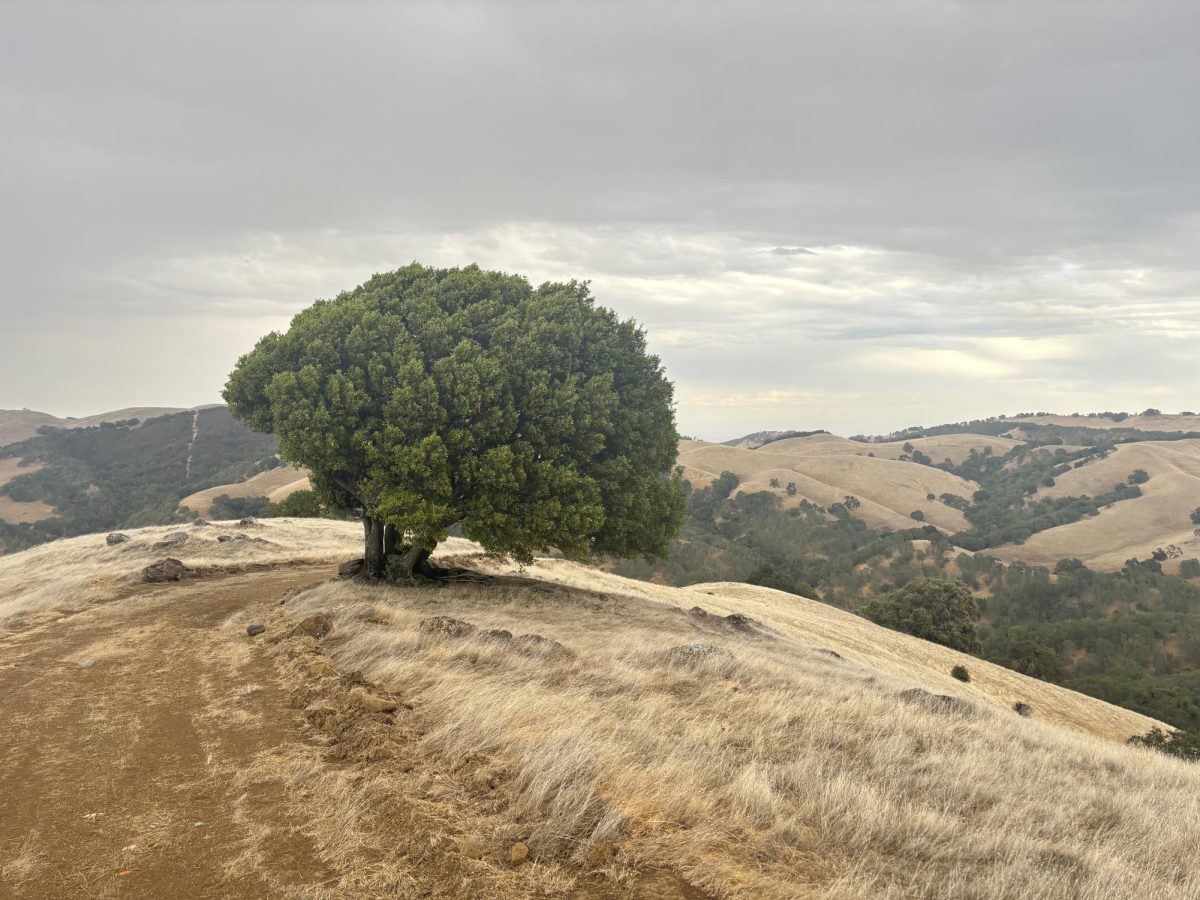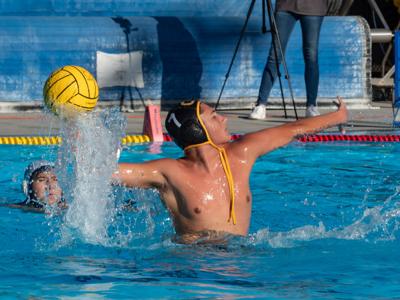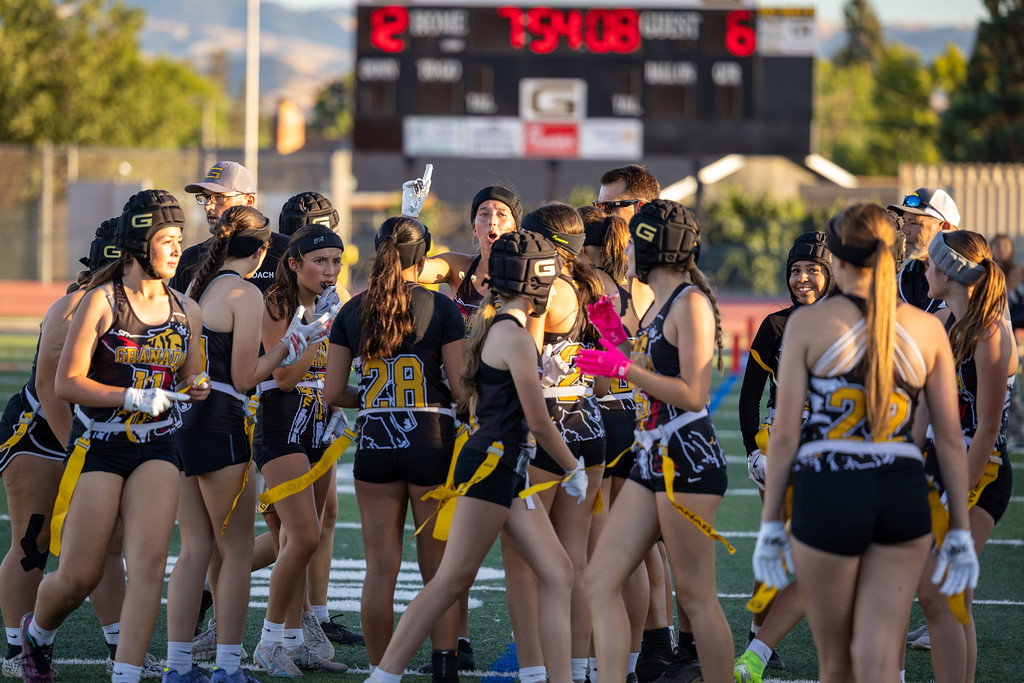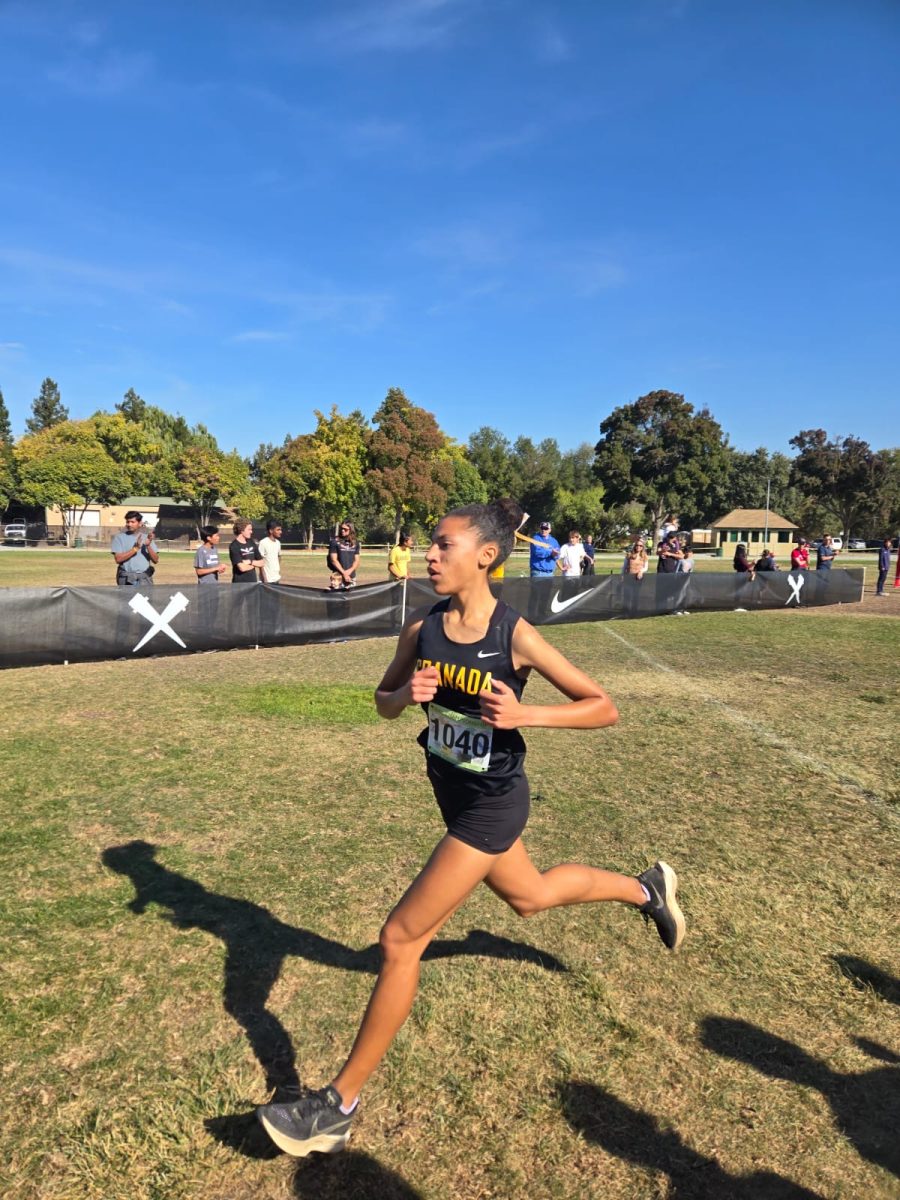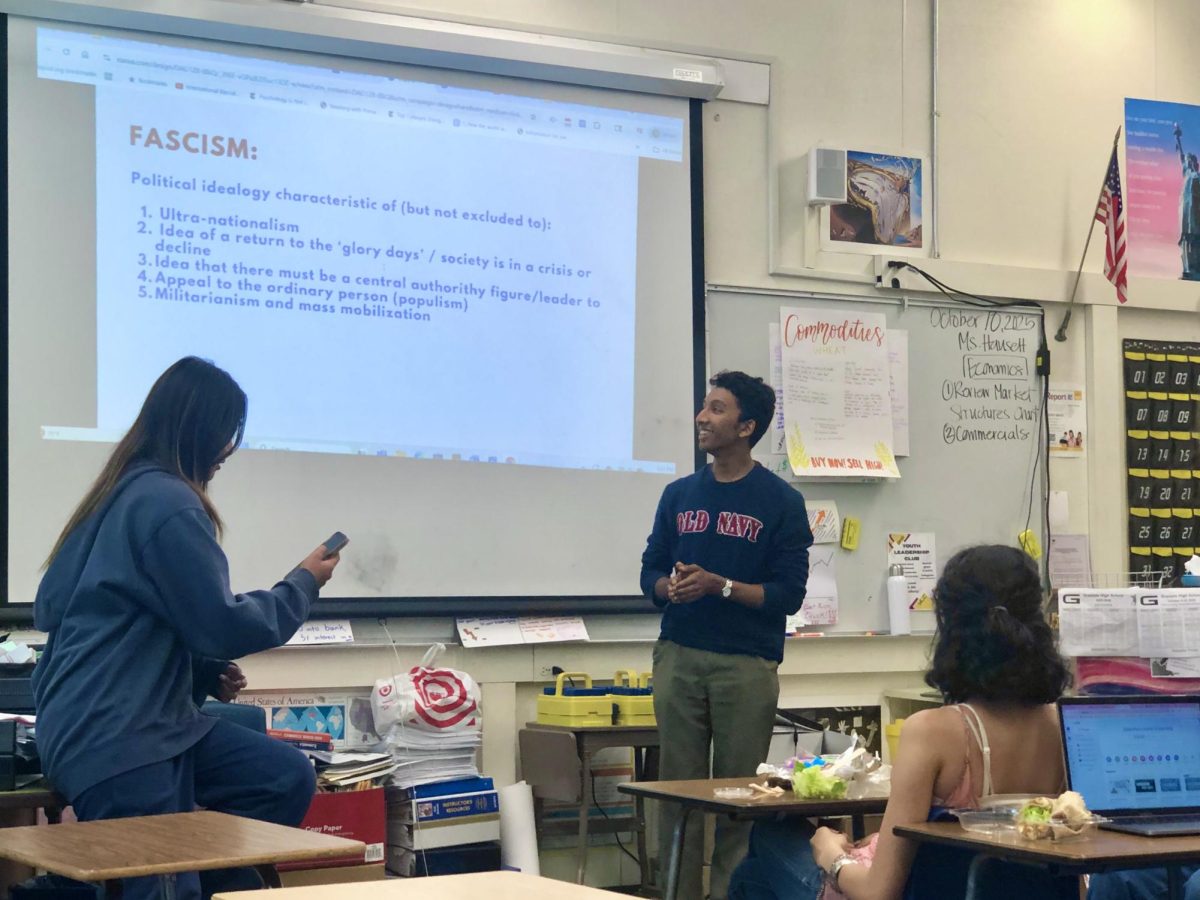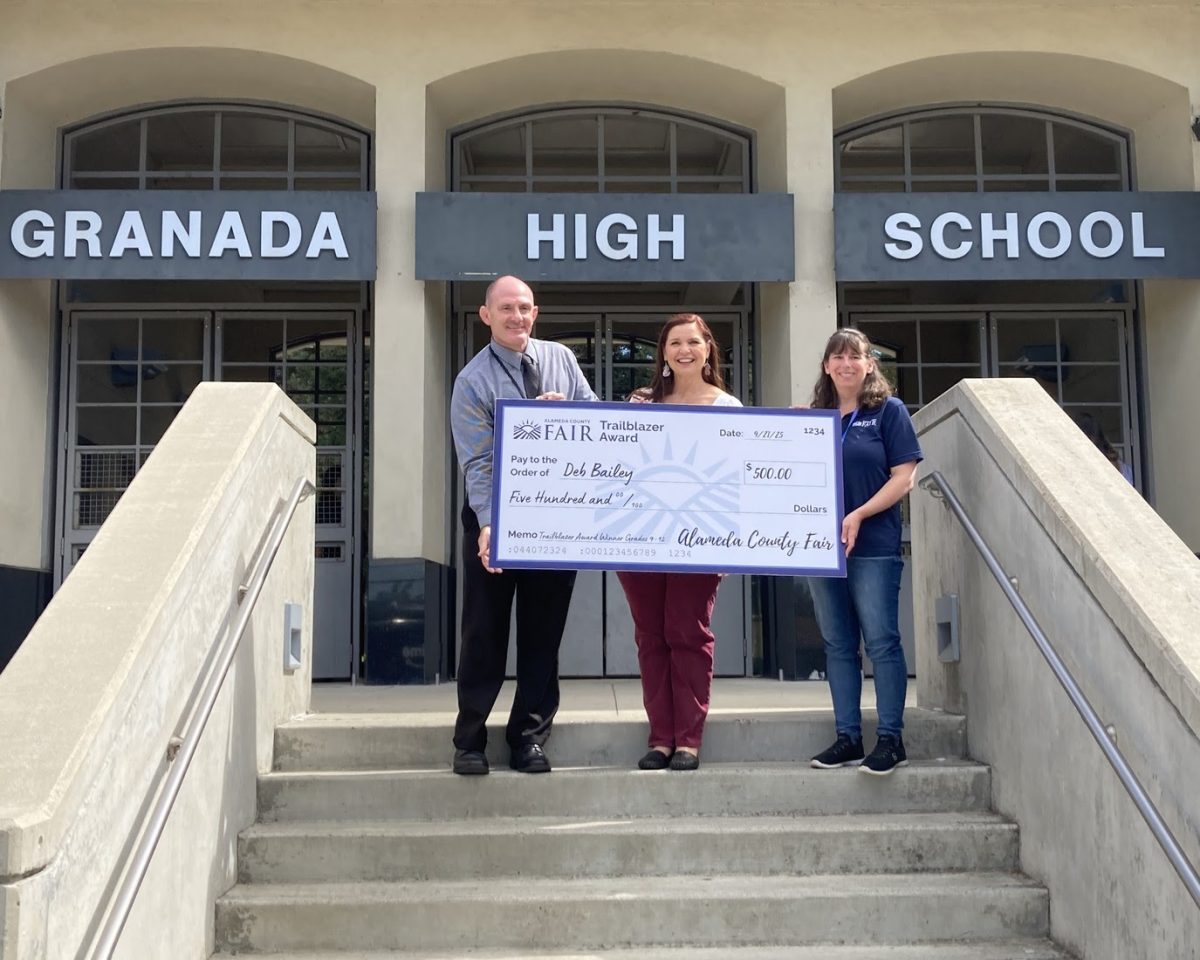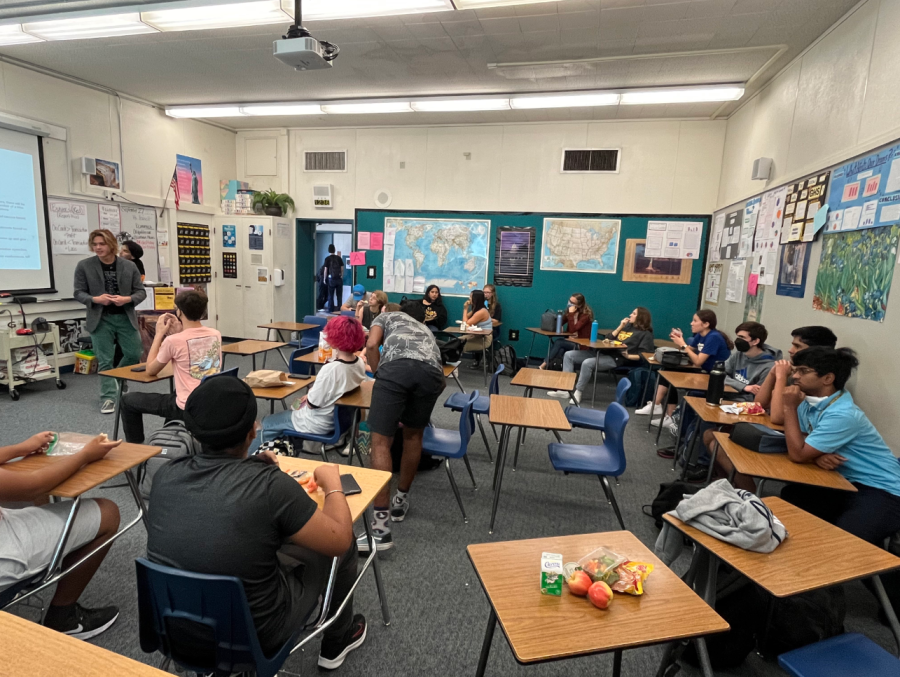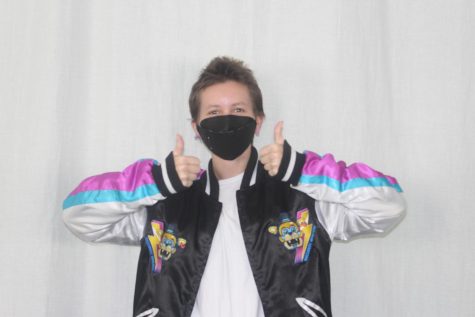Granada Model UN Holding Unofficial Conference
A Model UN meeting in session
September 30, 2022
There is going to be an unofficial Model United Nations conference happening on September 30th after school in the Little Theater, in which students in our Model United Nations club will meet and confer about educational disparities. This unofficial conference will be both practice for an official conference and an introduction to Model United Nations for new interested students.
Model United Nations—Model Un or MUN for short—has two or three real conferences like this every year. These conferences, at the entry level, are typically held at one of the participating schools in a theater or large room, in which students congregate. Larger conferences include many different schools, middle and high schools sometimes collaborating. People have even traveled from different countries just to attend some of these large scale meetings. They all aim to emulate actual conferences held by the United Nations and prepare students to take real government positions.
Before the conference, students apply to a committee of their choosing addressing different issues, and decide on a country to address it as. During conferences, the students are referred to as delegates and must utilize information they gathered after “weeks of work … or scrapped together the night before”. The actual discussion is divided into two sections: a moderated caucus and an unmoderated caucus (caucus simply referring to a gathering of delegates from a particular party or group). A moderated caucus is a sort of graded portion in which delegates present their arguments and thoughts regarding the topic, trying to convince the other delegates to ally with them. During an unmoderated caucus, delegates work together to write a resolution or position paper, which is what is ultimately voted upon at the end of a conference. The position is based on the country’s actual beliefs, how similar issues have been addressed by either how the student uses them to come up with a solution, not the student’s personal opinion. Conferences typically address two different topics, and everyone moves onto the next topic once a consensus is reached.
People do the conferences with a varying amount of seriousness, and the topics to be resolved also vary in that regard. Student solutions can sometimes be taken and proposed to actual UN representatives, and students put a lot of time, thought, and effort into writing their solutions. A Granada Model UN club member, Anhad Pal Singh, even won the best delegate award for his committee last year at SBMUN at Homestead High School. On the other hand, the topic of debate can be about preparing for defense against aliens using space lasers. According to one Model UN member, a delegate at one point called an emergency meeting, referencing heavily memed game Among Us, and won the conference.
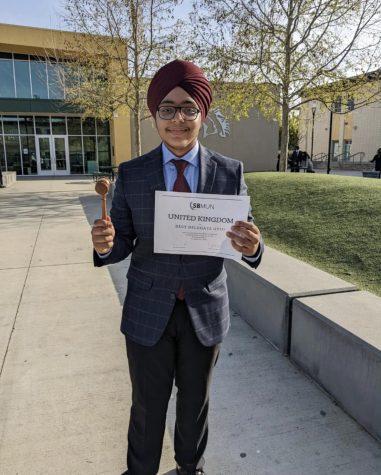
The topic of Granada’s Unofficial Model UN conference (shortened to GUMUN) is, again, the disparities within education around the world, particularly regarding its inclusivity and accessibility. The topic is based on the Sustainable Development Goal #4 of the United Nations, which aims to “Ensure inclusive and equitable quality education and promote lifelong learning opportunities for all.” Students will research their country’s education systems and different programs that advocate for improvements, as well as propose solutions to the effects of various humanitarian issues and COVID-19 on access to education.
Granada’s Model UN team meets every Tuesday at lunch in room 300, Mrs. Hauselt’s classroom. During most of these meetings, the club president, Owen Fidler, keeps everyone up to date and on track with their work. They practice for the conference by incorporating its structure into their meetings, which is done by going through the typical steps of a conference or including certain methods and tools used in conferences. They also ask students to give speeches, regardless of what the focus of that day’s meeting is. MUN members find the club and their experience very enjoyable, as they get to meet and make friends with people who have a similar interest in politics, public speaking, and debate. Fidler describes the process of preparing for a conference and the conference itself as being “a lot of work, but the bonds you form after debating and collaborating and editing with people from different backgrounds for hours on end are truly a wonderful thing.”

